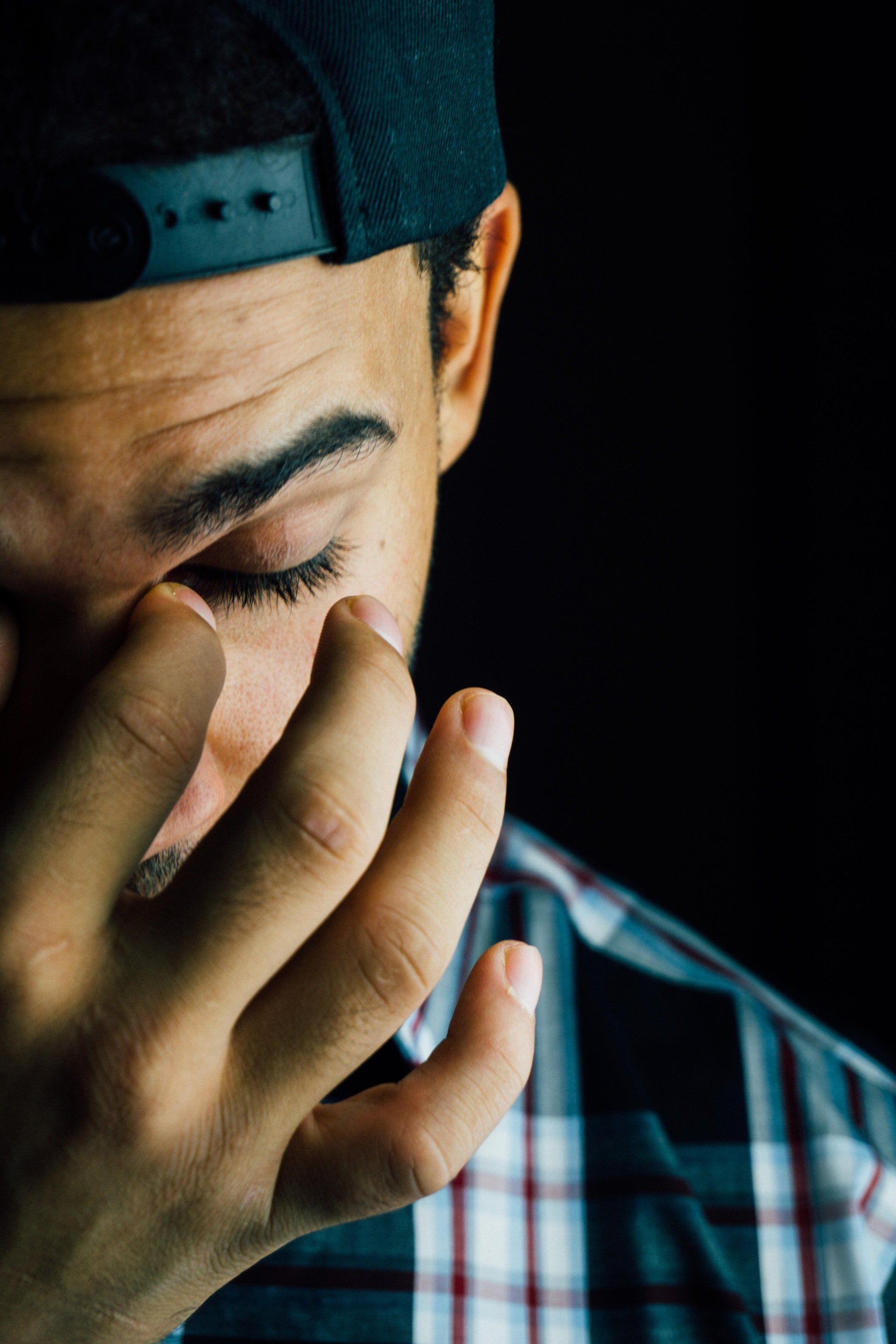Anxiety
Anxiety
40 Million American adults suffer from an anxiety disorder. There is Hope.
Help For Anxiety
Help For Anxiety
When you're more than stressed, there is hope!
Help to Manage
Help to Manage
Stress
Stress
Anxiety
Anxiety
Depression
Depression
Is it stress or anxiety?
Life can be stressful—you may feel stressed about work, traumatic events (such as a pandemic, natural disaster, or act of violence), or a life change. Everyone feels stress from time to time.
What is stress? Stress is the physical or mental response to an external cause, such as having a lot to do, managing kids or relationships, or having an illness. A stressor may be a one-time or short-term occurrence, or it can happen repeatedly over a long time.
What is anxiety? Anxiety is your body's reaction to stress and can occur even if there is no current threat.
If that anxiety doesn’t go away and begins to interfere with your life, it could affect your health. You could experience problems with sleeping, or with your immune, digestive, cardiovascular, and reproductive systems. You also may be at higher risk for developing a mental illness such as an anxiety disorder or depression.
Signs and Symptoms of Anxiety
- Feeling restless, wound-up, or on-edge
- Being easily fatigued
- Having difficulty concentrating
- Being irritable
- Having headaches, muscle aches, stomachaches, or unexplained pains
- Difficulty controlling feelings of worry
- Having sleep problems, such as difficulty falling or staying asleep
- Pounding or racing heart
- Sweating
- Trembling or tingling
- Chest pain
- Feelings of impending doom
- Feelings of being out of control
- Blushing, sweating, or trembling
- Pounding or racing heart
- Stomachaches
Difficulty making eye contact or being around unknown people
Feelings of self-consciousness or fear that people will judge them negatively
Irrational or excessive worry about encountering the feared object or situation
Avoiding a feared object or situation
Experiencing immediate intense stress upon encountering a feared object or situation
Enduring unavoidable objects and situations with intense discomfort
If you or someone you know are exhibiting these symptoms, there is hope.
"AnxietyFacts."
Anxiety is a highly treatable disorder, yet only 1/3 of those suffering from anxiety receive treatment.
How to Treat Anxiety Symptoms
How to Treat Anxiety Symptoms
It's important to manage your stress and anxiety. Knowing your triggers and developing coping techniques, is a great first step. If you can't easily do this, or you feel like your stress in unmanageable, You may be at risk for an anxiety disorder. Does your anxiety:
Interfere with your everyday life
Cause you to avoid doing things
Seem to be always present
Some methods that can be effective in managing your stress & anxiety are:
Keeping a journal
Meditating daily
Exercising daily
Maintaining a healthy diet and eating regular meals
Sticking to a sleep routine
Meditating daily
Exercising daily
Maintaining a healthy diet and eating regular meals
Sticking to a sleep routine
Limiting caffeinated beverages
Identifying and address your negative thoughts
Identifying and address your negative thoughts
Taking appropriate medication
If you are still struggling to manage your anxiety symptoms, reach out to a licensed professional.




